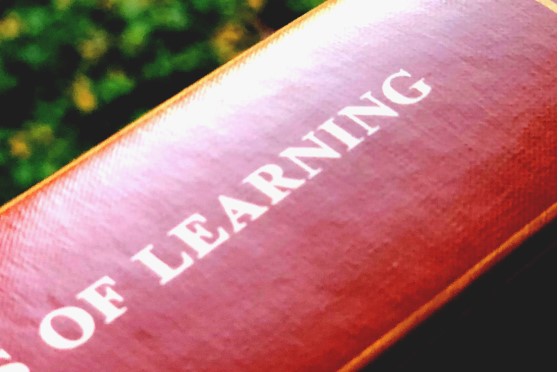A key tenet of being strategic stemmed from the work of developmental psychologists such as John Flavell (1977), who introduced the notion of meta memory—a precursor to metacognition that became synonymous with the ability to read strategically across a range of situations independently. In turn, the focus shifted to a learner’s self-awareness—the ability to judge and read a task or situation, to bring strategies to the task to address that task and its specific features, to adapt to circumstances, monitor and adjust progress, and consider a task’s relevance to one’s world. As the focus shifted to helping students learn how to learn, the goals of reading development extended to developing students’ metacognitive skills and strategies that they could in turn employ independently and across different circumstances. While the notion of independence in reading was not new, its marriage to reading comprehension was (Side comment 11 2 a 11).
...

